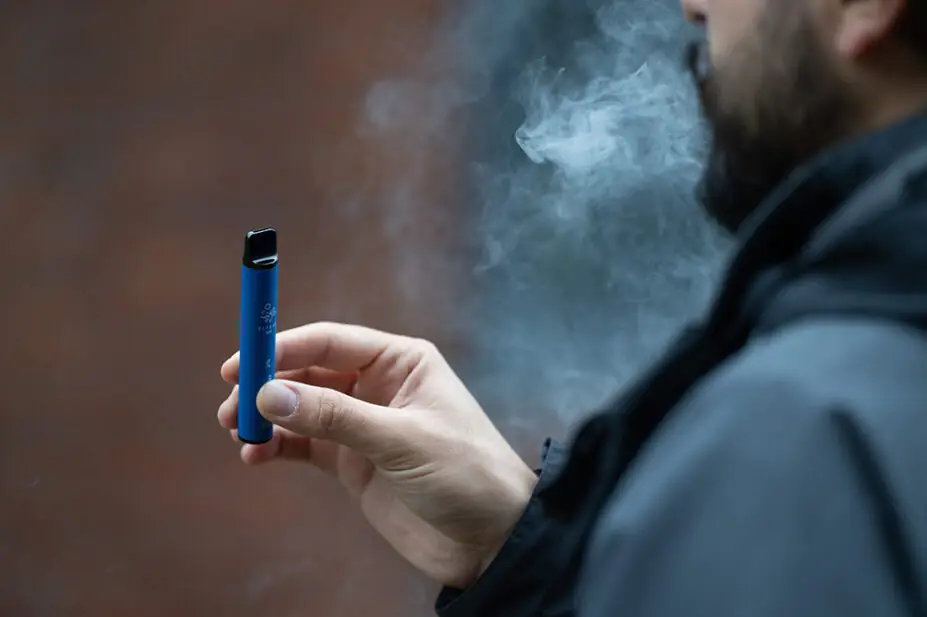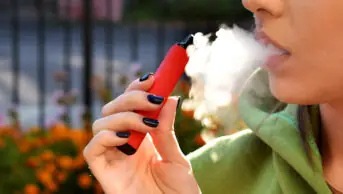
Shutterstock.com
Varenicline, a smoking cessation drug, could help young people quit vaping, study results have suggested.
The study, published in JAMA on 23 April 2025, found that, among adolescents and young adults, varenicline was well tolerated and promoted vaping cessation when compared with a placebo among young people with moderate-to-severe addiction to vaped nicotine.
Researchers analysed data from 261 participants aged 16–25 years, who vaped nicotine daily or near daily, did not regularly smoke tobacco and wanted to reduce or quit vaping.
From June 2022 until May 2024, the participants were randomised and either received 12 weeks of varenicline titrated to 1mg twice daily over seven days plus weekly counselling and referral to text messaging-based vaping cessation support, an identical placebo plus counselling and text message support or enhanced usual care, involving text-based support only.
The results demonstrated that continuous vaping abstinence rates were higher in the varenicline group compared with the placebo group in weeks 9–12 of the study, with abstinence rates of 51% and 14%, respectively.
For weeks 9–24 of the study, researchers observed that the varenicline group had a continuous vaping abstinence rate of 28% compared with 7% in the placebo group.
In the enhanced usual care group, the continuous abstinence rates were 6% in weeks 9–12 and 4% in weeks 9–24, respectively.
The study was conducted in a single unspecified state in the United States.
“Discovering and delivering effective treatments for nicotine addiction, particularly in youth, is important because of converging evidence that earlier age of drug initiation is associated with more rapid transition to substance use disorder and that adolescent nicotine exposure specifically increases subsequent tobacco smoking and other substance use disorders,” the study authors said.
“Most youth who develop addiction to vaped nicotine have never regularly smoked tobacco and wish to quit vaping, highlighting the importance of these findings that an available pharmacotherapy is effective and well tolerated for vaping cessation in this population.”
Commenting on the study, Darush Attar-Zadeh, a clinical fellow respiratory pharmacist at North West London Integrated Care Board, described it as a “fascinating study” with findings “certainly worthy of further investigation”.
“Currently, we only have the Nicorette mouth spray licensed for vaping cessation. It would be good to see independent research comparing the latest options available in never smokers and ex-smokers who moved onto vapes,” he added.
“We are reaching a point in the UK where treating tobacco dependence is still a key priority and vapes are one of the options to help. However, vapes are not risk free and options need to be available to support people who have a wish to stop vaping.”
In November 2024, varenicline was made available again for NHS patients, three years after it was withdrawn owing to fears over a probable carcinogen.
The oral pill, taken once per day, was previously available in the UK under the brand name Champix (manufactured by Pfizer) and is now available as a generic product.
Varenicline is not currently licensed for patients aged under 18 years in the UK.


